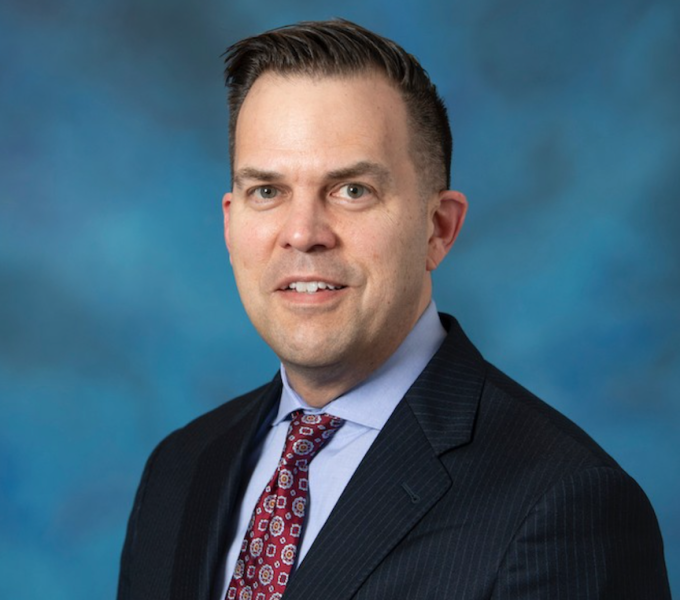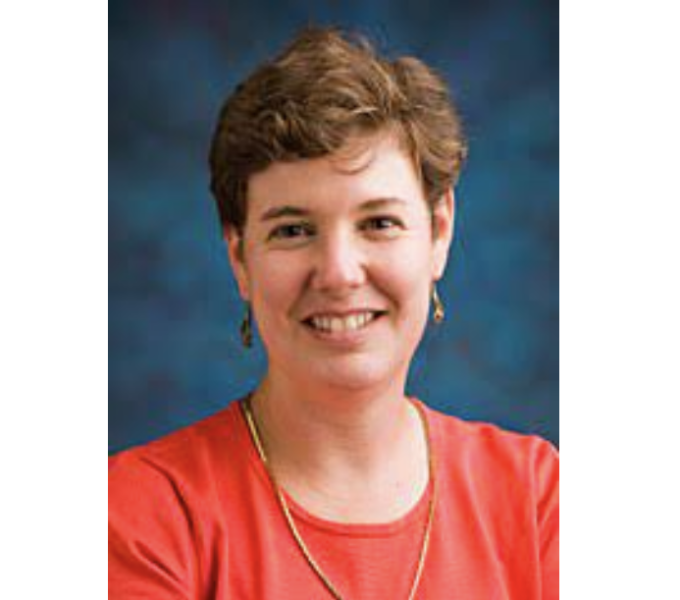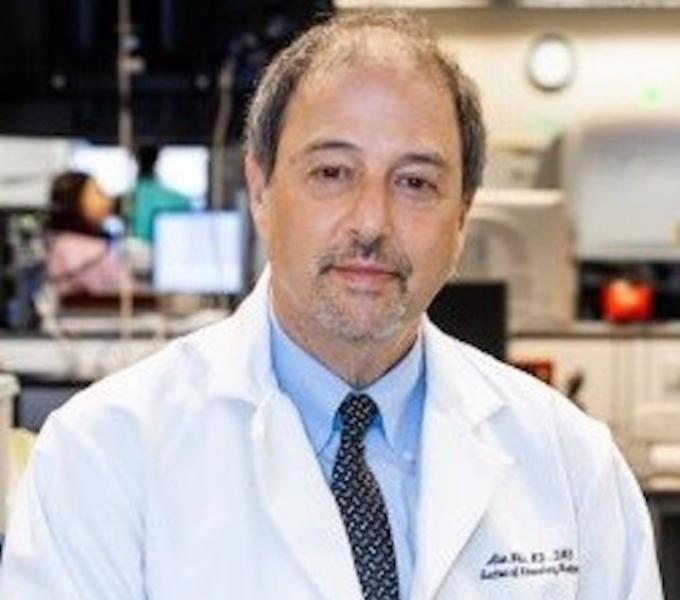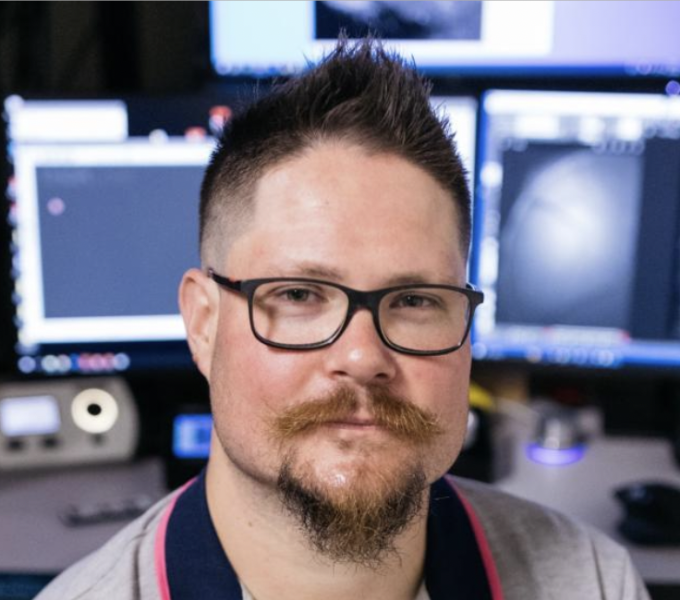Affiliated Faculty
This list of affiliated investigators can help you identify potential research mentors at the University of Pittsburgh. PSTP students can, and do, work with mentors not on this list, but the investigators featured below have expressed interest in hosting PSTP students in their laboratories.

Cardiovascular engineering with projects that address medical device biocompatibility and design, tissue engineering, and imaging

Regulation of mammalian sperm

Basic science laboratory dedicated to the study of sarcomas--cancerous tumors that arise in the musculoskeletal tissues

Regulation of protein traffic in polarized epithelial cells

Integrative biology of wound healing and tumor metastasis, from molecules and cells through tissues and animals to humans

Investigates the signaling of electrophilic fatty acids in transformed stable cell lines while collaborating with clinicians to study the formation and signaling of electrophilic fatty acids in healthy controls, mild to moderate, and severe asthmatic subjects

Focuses on asthma phenotypes and the molecular mechanisms, particularly in the airway epithelium that control them

Our research program is dedicated to understanding how the flow of sensory information through brain-wide neural networks gives rise to purposeful behavior in models of health and disease. Using a variety of cutting edge experimental and theoretical systems neuroscience tools to monitor, manipulate, and model the neural circuits of awake, behaving mice, we investigate brain-wide circuits in a number of different behavioral and state-dependent contexts.

Drug discovery and drug development, employing organic synthesis, medicinal chemistry and molecular modeling to develop new therapeutic agents for cancer and neurodegenerative diseases in a highly collaborative environment
